Housing | Student Accommodation | Dormitories
Lorem ipsum
Lorem ipsum

This content is accessible to paid subscribers. To view it please enter your password below or send mike@standardsmichigan.com a request for subscription details.
This content is accessible to paid subscribers. To view it please enter your password below or send mike@standardsmichigan.com a request for subscription details.
“Tradition is the democracy of the dead”
History of Western Civilization Told Through the Acoustics of its Worship Spaces
Other sacred compositions by Maurice Duruflé:
This content is accessible to paid subscribers. To view it please enter your password below or send mike@standardsmichigan.com a request for subscription details.
We will spend most of our time this week preparing responses to the actions taken by technical committees at the April meetings; with our abiding interest in the proposals that affect the physical character of education settlements (K-12 schools, colleges and universities, university-affiliated research and clinical delivery networks).
The largest share of safety and sustainability concepts relevant to our SAFER-SIMPLER-LOWER COST-LONGER LASTING priorities appear in ICC’s Group A tranche of titles. Comments on Committee Actions taken on the April meetings in Atlanta will be received until July 8th — including own proposals for performance-based building interior power chain design.
We will use the transcripts linked in the Group A Model Codes link below
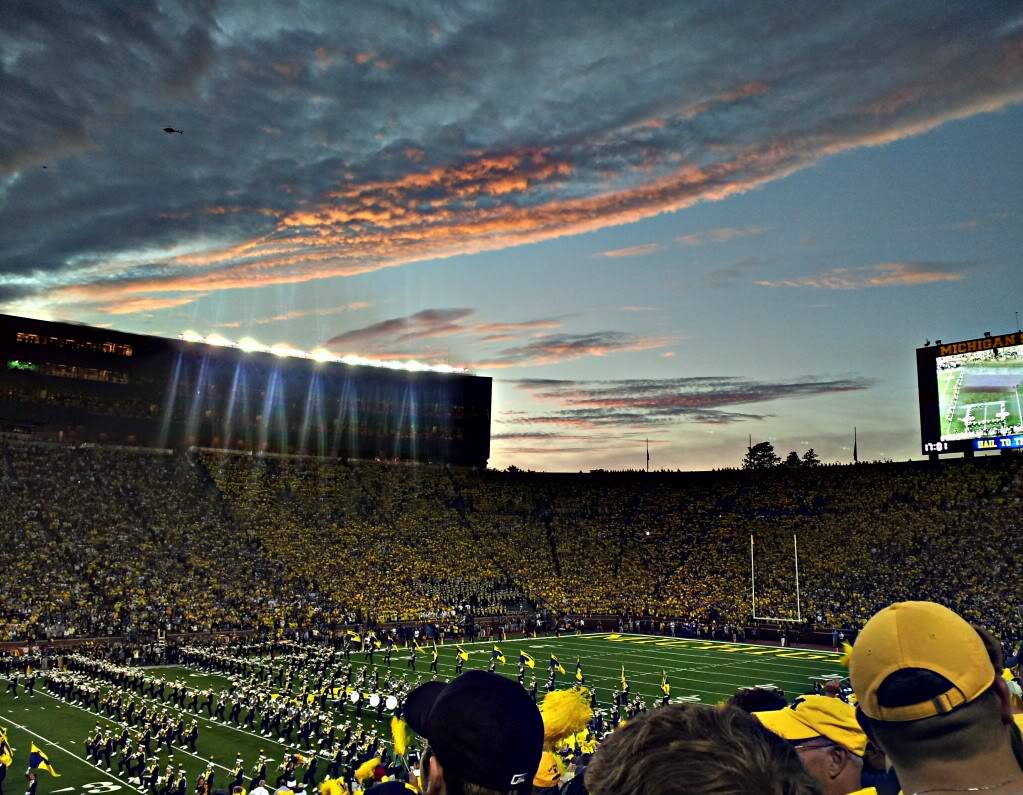
The Big House: With a seating capacity of 110.000+ auxiliary hosting and media enterprises adding another 10,000 occupants 8 Saturdays per year, the University of Michigan Football Stadium is the largest collegiate stadium in the world.
The language “code writers and vote getters”* use to perform their work can be confounding and supports the assertion that some safety and sustainability concepts can only be understood by experienced practitioners in context. It takes decades to fully understand the ebb and flow of ideas. That is one of the reasons we host daily colloquia — in addition to the obligation to respect intellectual property rights of standards setting organizations; a great deal of content is unstable and provisional. Unstable and provisional is the nature of leading practice discovery and promulgation.
As a point of origin for most safety and sustainability concepts for sport occupancies among US-based standards setting organizations we start with the most widely referenced building code bibliography in the United States:
2024 International Building Code: Chapter 3 Occupancy Classification and Use
Education communities have buildings, pathways and infrastructure in all of the groups identified in this chapter. We use the term “sport” to describe recreational and competitive athletic activity for all age groups. Some concepts span across all three groupings. Note the following:
Structural support for sport lighting
Sport arena lighting allowances
Television broadcast lighting requirements
Temporary special event structures
Athletic equipment hazard classification
Plumbing in arenas
Bleachers
Access
Use of arenas for disaster management
…And so on…
Today we pick through the transcripts of the 2021 ICC Code Development Cycle (Group A)
2021 REPORT OF THE COMMITTEE ACTION HEARINGS ON THE 2021 EDITIONS OF THE GROUP A INTERNATIONAL CODES
Keep in mind that the Group A titles are near the end of their development cycle (CLICK HERE). Next up, Hearings on the Group A tranche in September. We will post the link to the webcast.
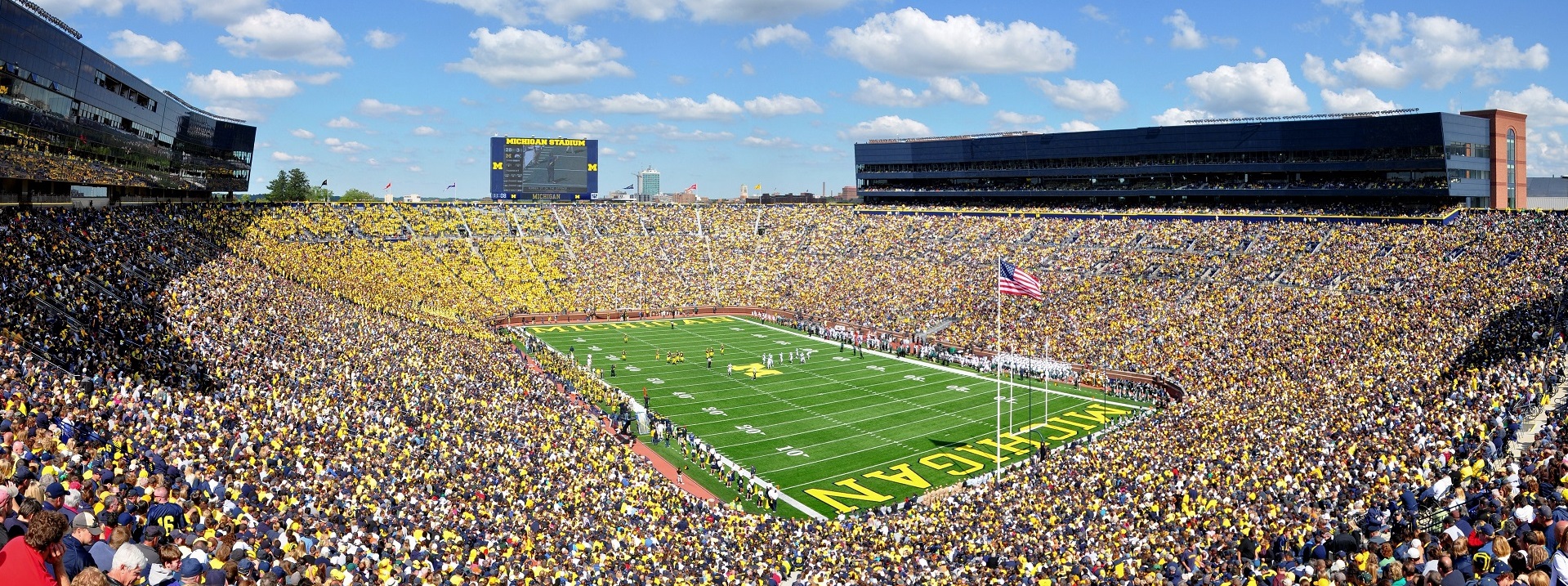




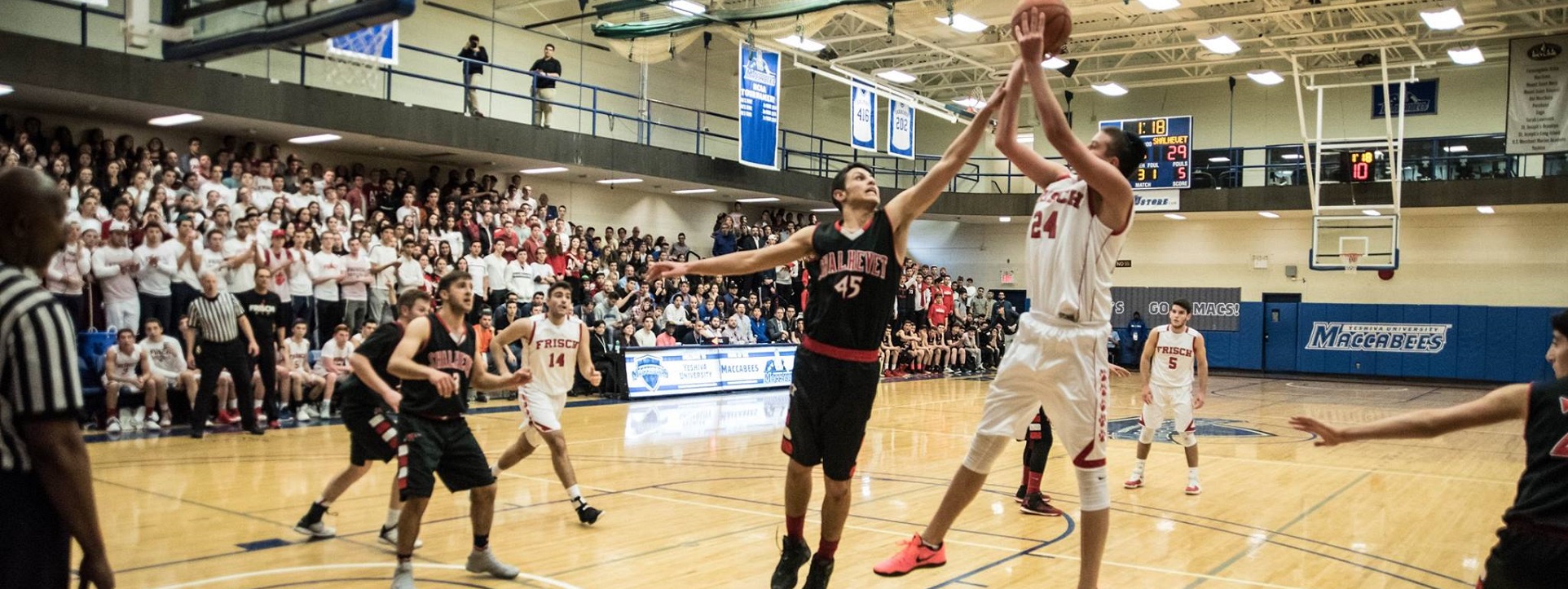


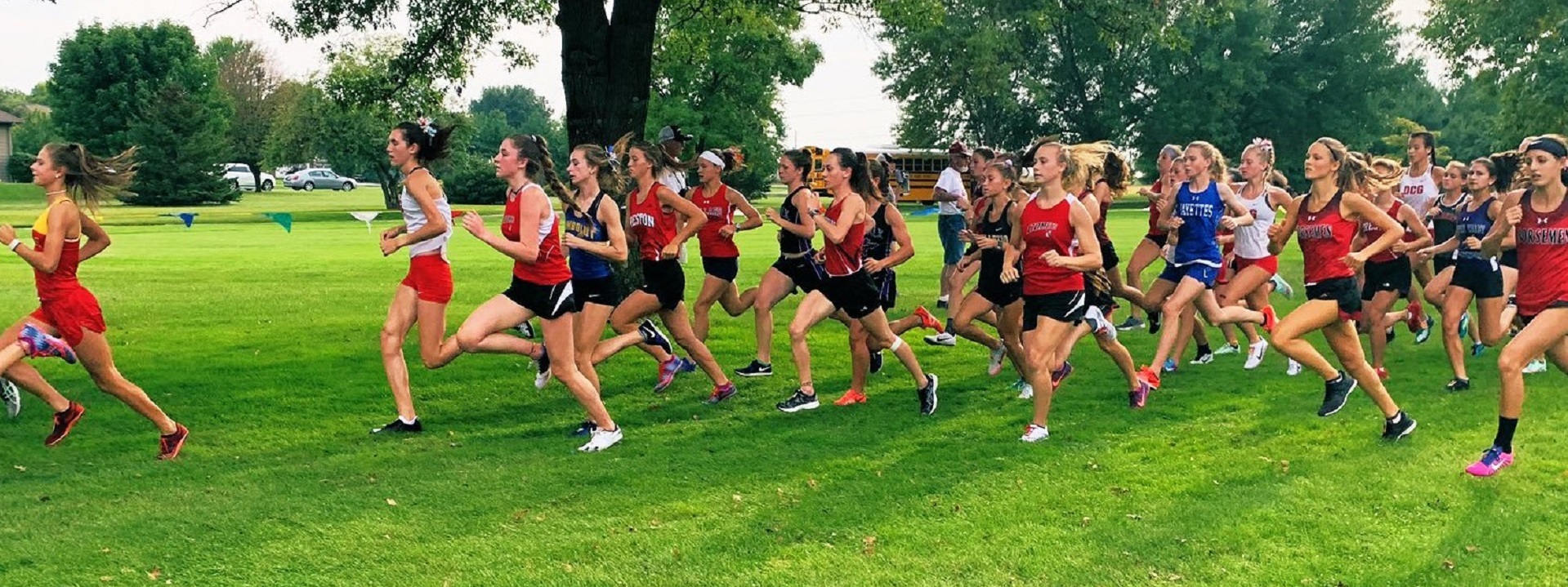
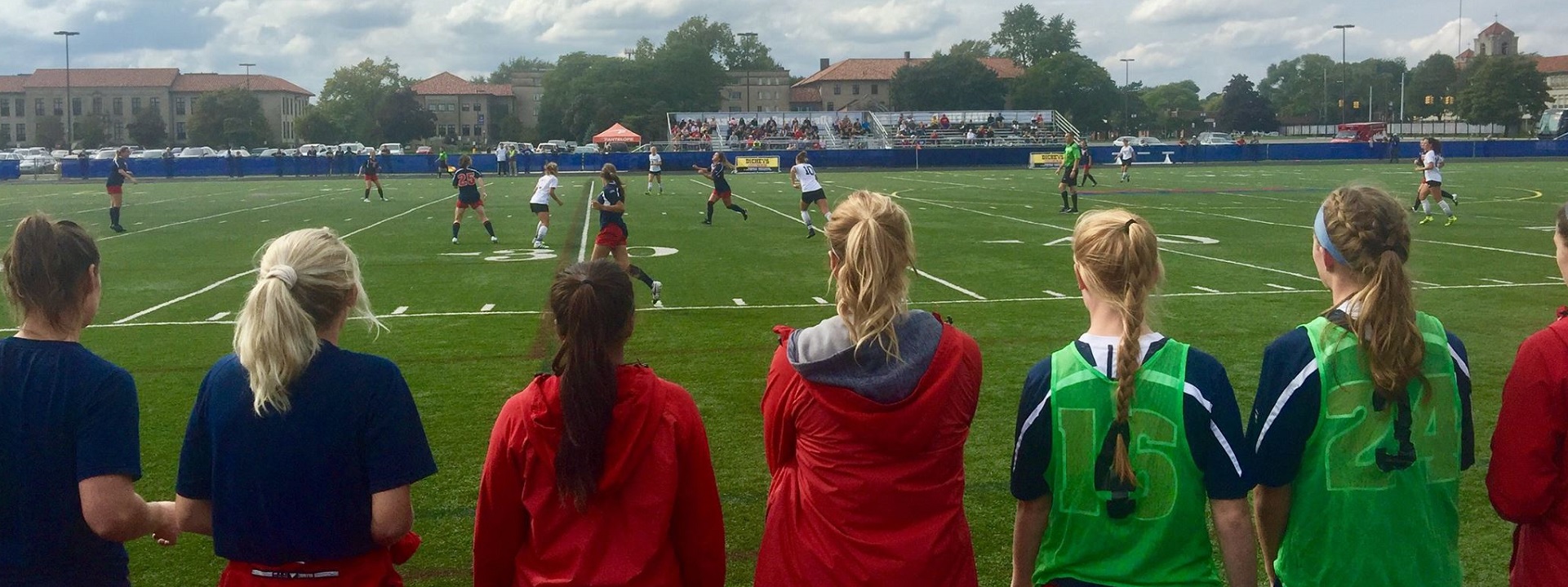
We maintain sport facility literature on the standing agenda of our periodic Sport colloquium when we pull together specifics relevant to the safety and sustainability agenda of the final fiduciary in education communities — typically the tax payer or family. There are many, many more technologies that figure into these spaces; getting occupancy classification is the best place to start since it informs the way all other standards setting organizations develop their literature. See our CALENDAR for the next online meeting.
ARCHIVE:
2021/2022 ICC CODE DEVELOPMENT SCHEDULE
2018 GROUP A PUBLIC COMMENT AGENDA | OCTOBER 24 – 31, 2018 | RICHMOND, VIRGINIA
2019 GROUP B PROPOSED CHANGES TO THE I-CODES ALBUQUERQUE COMMITTEE ACTION HEARINGS
2019 REPORT OF THE COMMITTEE ACTION HEARINGS ON THE 2018 EDITIONS OF THE GROUP B INTERNATIONAL CODES
*A term of art we use to distinguish stakeholders who are effective in gathering data and persuading technical committees to improve consensus products. The most influential voices tend to have an elevated hourly consulting rate. The expertise of “code writers and vote-getters” is distinct from the expertise processes and administration. The private standards domain in most nations is top-heavy with administration.
Monday | July 21 | Colloquium 15:00 UTC
Tuesday | July 22 | Colloquium 15:00 UTC
Wednesday | July 23 | Colloquium 15:00 UTC
Thursday | July 24 | Colloquium 15:00 UTC
Friday | July 25 | Colloquium 15:00 UTC
Saturday | July 26
Sunday | July 27
Monday | 1 July | Colloquium 15:00 UTC
Anthemhttps://t.co/CNYBz77KWm
Handoff to the next generationhttps://t.co/vyu1LiTyxp pic.twitter.com/ZZGC3w6dVc— Standards Michigan (@StandardsMich) July 1, 2025
Tuesday | 2 July | Colloquium 15:00 UTC
Wednesday | 2 July | Colloquium 15:00 UTC
Thursday | 3 July | Colloquium 15:00 UTC
Friday | 4 July | United States Independence Day (No Colloquium Today)
Saturday | 5 July | Colloquium 15:00 UTC
Sunday | 6 July
Sunday | 7 July
Canadian Parliament Debate on Standards Incorporated by Reference
“A Case of You” 1970 Joni Mitchell
Berklee College of Music@BerkleeCollege https://t.co/x6IWC01k29 pic.twitter.com/0YzaBQZNE6— Standards Michigan (@StandardsMich) June 30, 2024
The second longest train journey in the entire world. 96 hours across Canada.
[📹 karaandnate]pic.twitter.com/6Hd6MPwy27
— Massimo (@Rainmaker1973) January 19, 2025
New update alert! The 2022 update to the Trademark Assignment Dataset is now available online. Find 1.29 million trademark assignments, involving 2.28 million unique trademark properties issued by the USPTO between March 1952 and January 2023: https://t.co/njrDAbSpwB pic.twitter.com/GkAXrHoQ9T
— USPTO (@uspto) July 13, 2023
Standards Michigan Group, LLC
2723 South State Street | Suite 150
Ann Arbor, MI 48104 USA
888-746-3670
